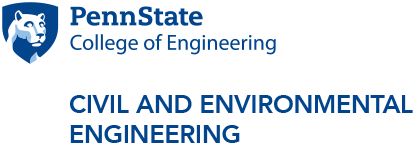Climate Change, water quality and the future of our rivers
Abstract (combined):
People and rivers are intimately connected. Rivers integrate and reflect their surrounding watersheds, while also providing numerous vital ecosystem services that humans rely on. Because of their integrative nature, human disturbances like climate and land use change have direct and measurable impacts on river ecosystem health and function, and improving the quality of our rivers requires an understanding of how management actions on the land impact the stream that drains it.
In this talk, we explore several different case studies that span different classes of human disturbances to quantify how changing climate is impacting winter water quality, and how altered flow regimes and reservoir management impacts nutrient dynamics. We synthesize water quality data from hundreds of watersheds across US and Canada to understand how changing climate and flow pathways can intersect with land use and land management practices to accelerate water quality degradation. We then provide pathways for targeted management practices that can improve our waters, while improving landscape resiliency and maintaining economic productivity.
Bio: Dr. Erin Seybold is watershed biogeochemist at the Kansas Geological Survey at the University of Kansas. Erin received her B.A. from Saint Olaf College in 2011, and her Ph.D. from Duke University in 2017. Erin’s research seeks to understand how river networks are responding to environmental change, and how disturbances like climate and land use change will impact the sources, fate, and transport of nutrients in aquatic ecosystems. Erin’s research integrates field and lab-based approaches, including environmental sensor networks, experiments, and data synthesis, to identify strategies that promote sustainable and resilient ecosystems into the future.
Bio: Dr. Nandita Basu is a Professor and Canada Research Chair of Global Water Sustainability and Ecohydrology at the University of Waterloo, and the Editor-in-Chief of the Journal of Hydrology. Nandita is a watershed hydrologist and biogeochemist, and her research interests cover a broad range of issues related to water quality in human-impacted environments. She is an environmental engineer, who uses data science, process modeling and remote sensing to explore how climate, land use, and management impacts surface and groundwater quality. More recently, research leverages these insights to develop blueprints for landscape-scale solutions (eg wetland restoration) to address water and climate challenges.
Event Contact: Li Li



